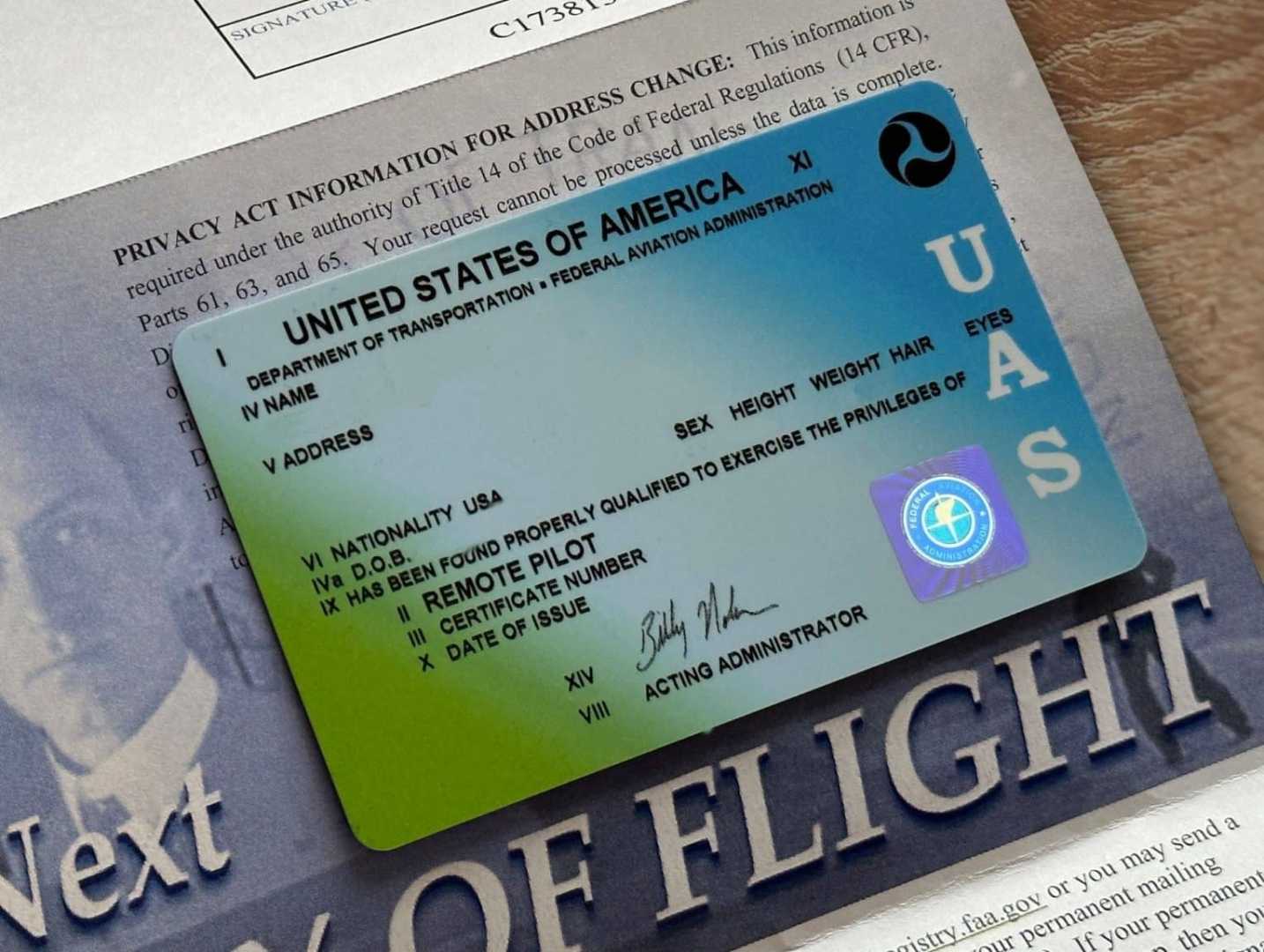News
MOT Staff Advocate for Streamlined Certificate Uploads

A majority of people involved in the MOT process support the idea of allowing calibration companies to upload calibration certificates directly into the DVSA’s MOT Testing Service (MTS), according to a recent poll conducted by management platform MOT Juice. The survey, which included responses from over 5,000 MOT testers and managers, revealed that 61% are in favor of this measure. Meanwhile, 23% expressed opposition, and 16% remained indifferent.
This development occurs amidst a growing concern over the administrative burdens faced by MOT stations. This burden has been exacerbated by a new requirement for testers to manually enter their annual training into the MTS system. Previously, testers kept their training logs outside of the MTS, often utilizing the services of training providers. The introduction of this new rule added workload and increased the potential for errors, prompting calls for more efficient processes.
Many in the MOT industry are urging the DVSA to introduce API integration that would automate the transfer of training data between providers and the MTS. Barry Babister, managing director at MOT Juice, stated, “For nearly a decade, MOT testers have managed their training records outside of the MTS with the help of training providers. Now that we’re being asked to manually input this data, the additional burden is unnecessary when automation could easily handle it.”
MOT Juice is advocating for the DVSA to extend the technology used for the automatic submission of exam results to training records as well. By enabling API-driven data transfers from training providers and calibration companies, MOT stations would benefit from more modern processes. These updated processes would align with the DVSA’s goal of enhancing transparency and ensuring compliance without imposing excessive administrative workloads.
“The technology is already there,” Babister noted. “We’ve seen how well automation works for exam results. Extending this functionality to training records and calibration certificates is the logical next step, especially considering the growing amount of data required to stay compliant.”












